
Special needs – Communication
Special needs - Communication
How to communicate with your child?
1. Be patient and supportive- Before children feel comfortable sharing their feelings or asking for assistance, they need time and patience from others. So it is important to stay patient and supportive towards your child.
2. Be prepared for misunderstandings and miscommunications- There's always going to be some misunderstanding when trying to communicate with children, but if you're prepared for this, it will help make the experience easier for everyone involved!
3. Know your limits on what works best for each situation (e.g., if reading books together works well but writing letters doesn't). There are times when one type of communication may work better than another just be sure that whatever method you choose is going
4. Don't over-schedule them.
5. Be patient with them when they're upset or frustrated.
6. Communicate with them don't assume they understand things without asking them directly!
7. Give them the opportunity to make choices by letting them pick out clothes, foods, and activities that they enjoy most often (or at least once a week).

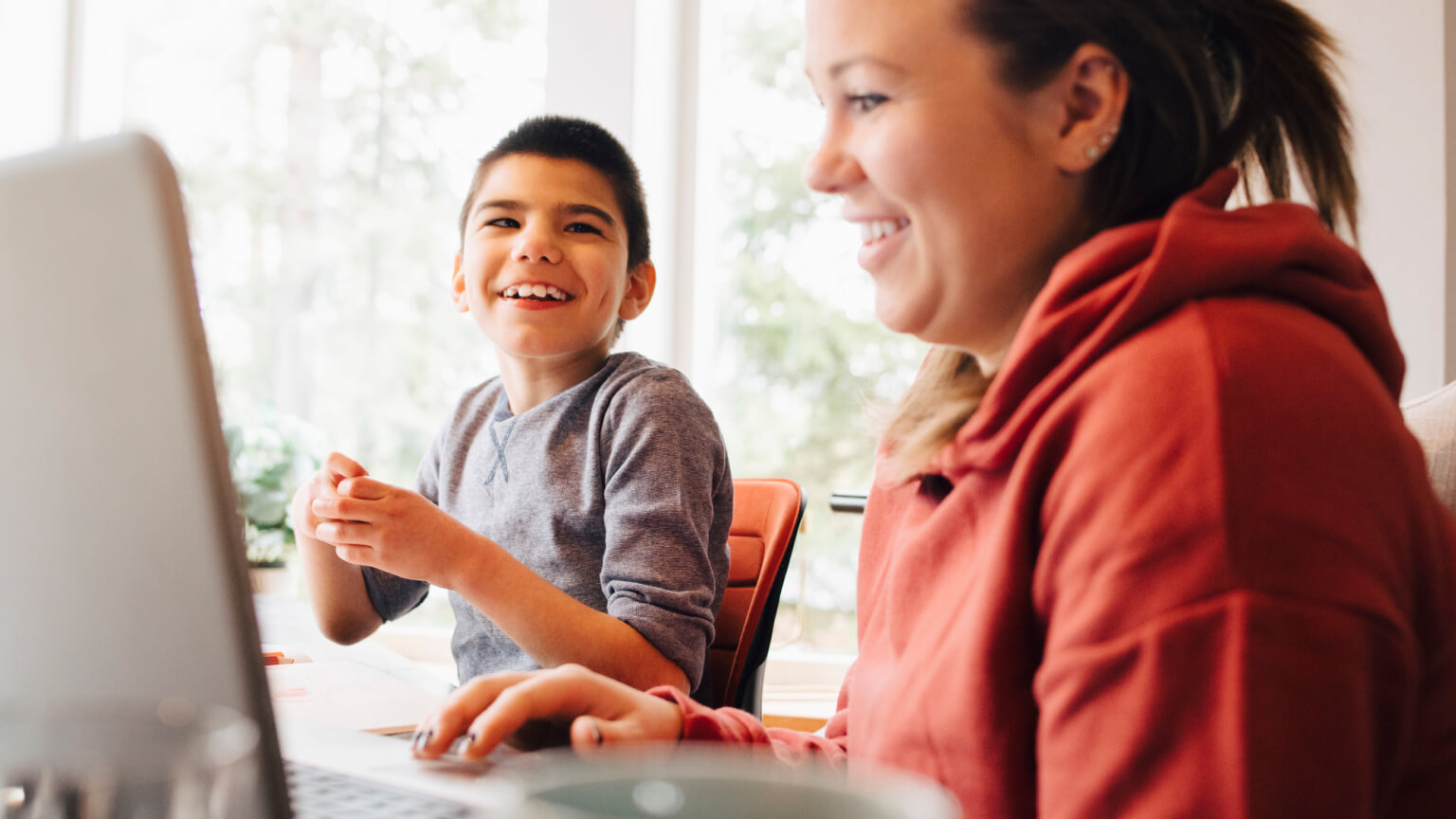
Types of activities:
Sensory play is an activity that helps children get to know their environment. It encourages them to explore, and it teaches them to interact with the world around them. This is especially important for children who have autism or other cognitive disabilities, as it helps them build their social skills and learn how to communicate with others.
Sensory play is also a great way for parents to spend quality time with their kids. It's a great way for parents to bond with their children and get back in touch with their own inner child!
- Sensory bins
- Toy car wash (sensory trays)
- Water Trays
- Nature Collection Trays
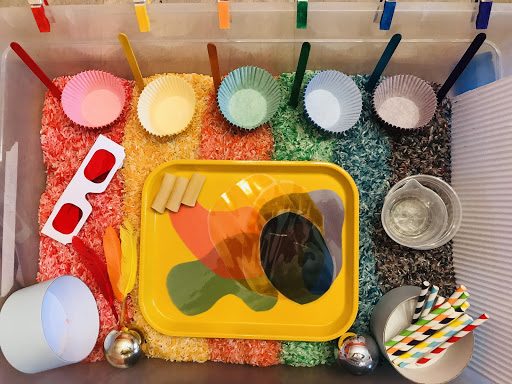
Nature walks. Nature walks can provide great sensory. Have your child collect rocks, leaves, and flowers that interest them during the walk. Look and listen to the birds.
Nature walks is a great way to help children pay attention to the season change and also encourages them to observe with all their senses.
- Helps stay calm
- Happy
- Improved attention
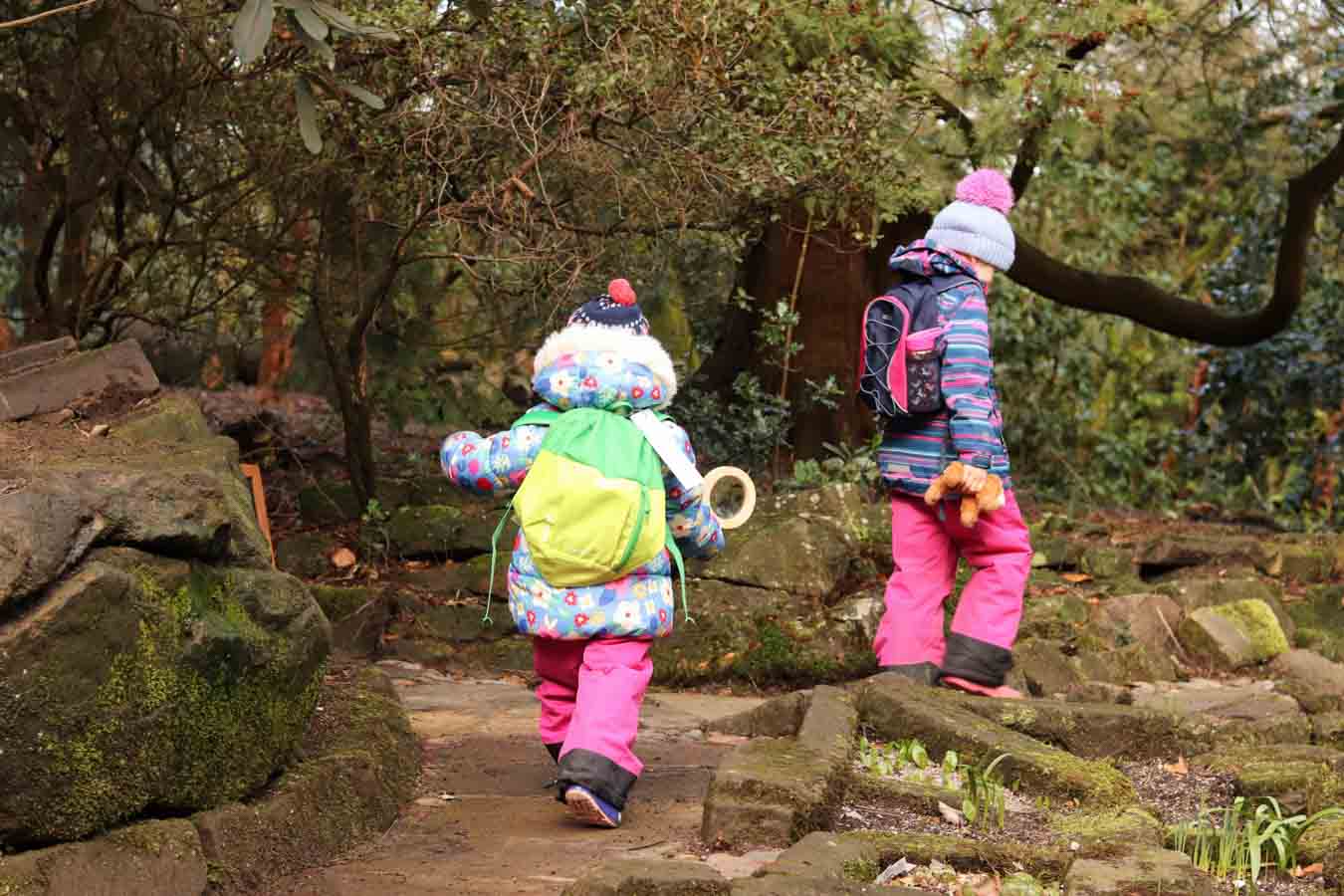
Start a Garden- Gardening includes activities such as planting, watering plants, touching dirt with hands or tools, weeding, and harvesting.
- Gardening engages all sorts of senses and helps children to develop and recognise them without even realising. They can feel the texture of soil, seeds, flower and petals. They get to smell all the amazing flower scents and see all the colorful petals. It also helps develop hand-eye coordination and builds physical strength.
Encourages Healthy Eating - It is a well-known fact that if you engage children in growing their own vegetables, they gain a keen interest in eating them too.
Teaches Responsibility & Patience - Growing any sort of plant or vegetable from the seedling or bulb stage requires daily attention and care.
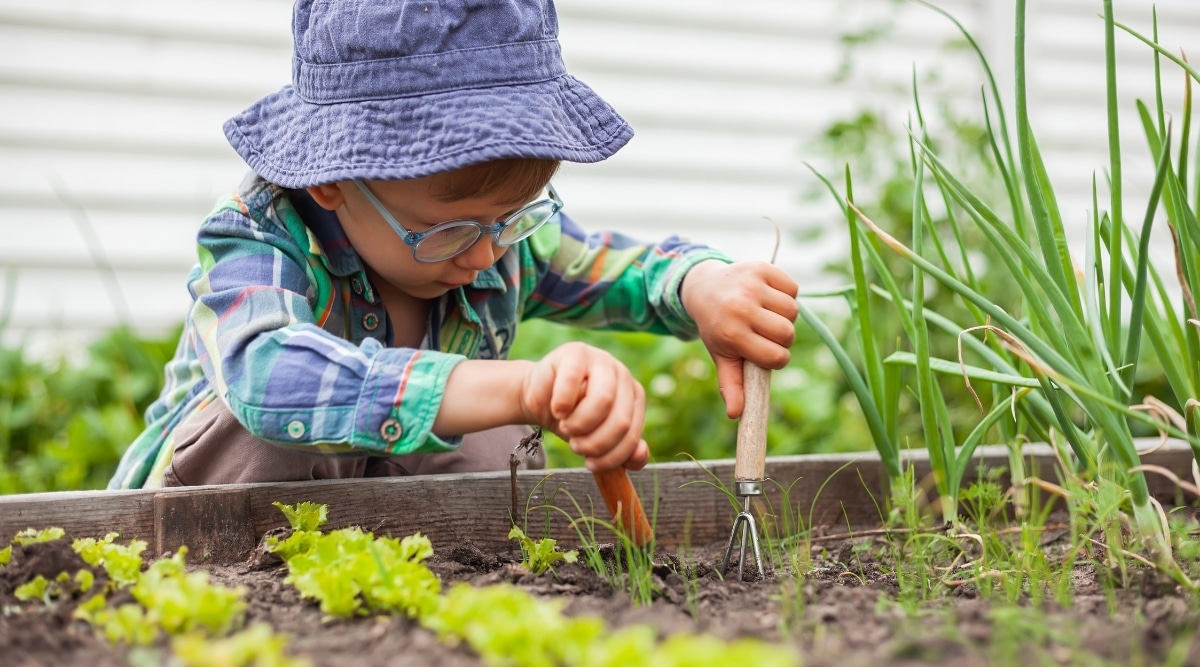
Building with toys They allow the child an opportunity to build something safely on their own, giving a real sense of achievement and pride when they finish the activity successfully! Also, playing with building blocks is excellent for developing hand-eye coordination.
- Hand-eye coordination
- Building something on their own
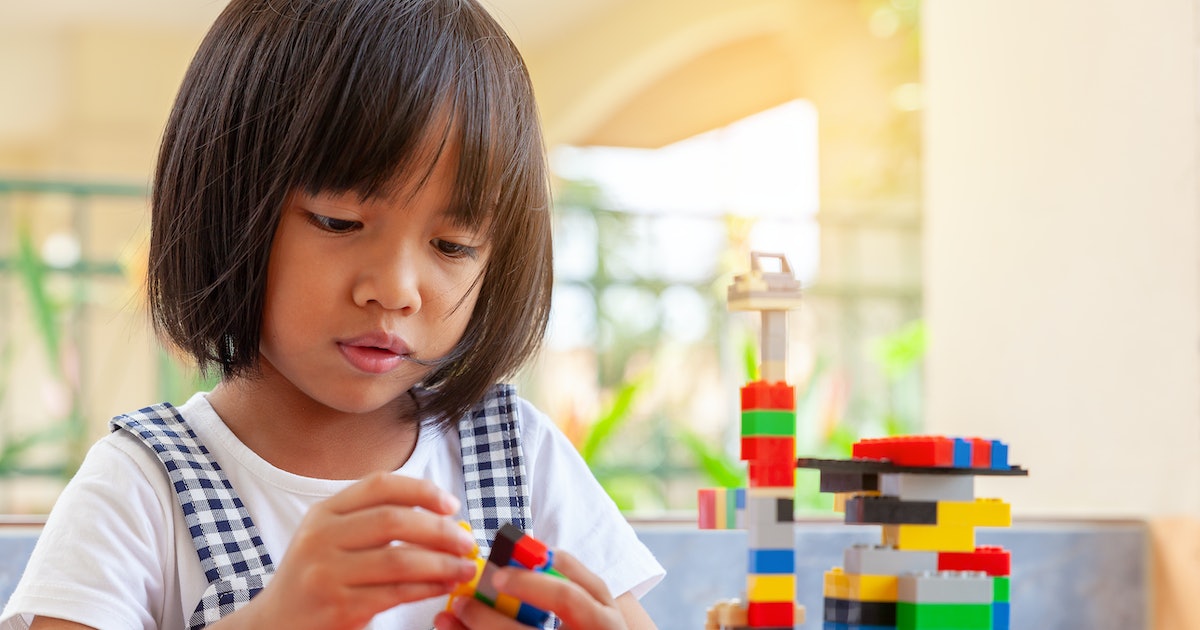


Submit your comment